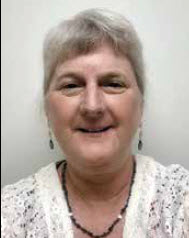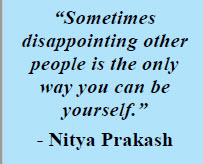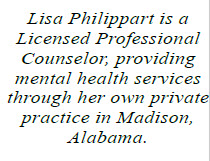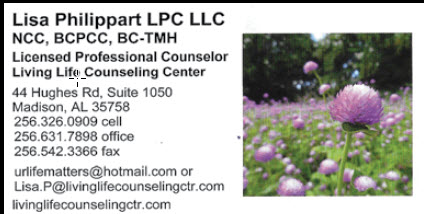 By: Lisa Philippart
By: Lisa Philippart
In my last article, we discussed FODO—the Fear Of Disappointing Others. We addressed three ways you can begin to get over your fear of disappointing others. First, consider the costs of your FODO. Second, remember that you are not responsible for other people’s emotions. And third, reframe your fear as uncomfortable, not dangerous. In this article we will continue with three more tips on reducing FODO.
One of the ironic things about FODO is that you’ve probably got a double standard for it when it comes to you versus other people. For example, if a good friend had something important to tell you but was afraid of disappointing you, you would want them to tell you, right? And more than likely, if you even felt disappointed at all, it would probably be way less than what they are imagining, right? So, your standard for other people is different than the one you have for yourself. One way to overcome FODO is to apply the same standard you already apply for other people to yourself. There is a term called reverse empathy. Typically, empathy means putting ourselves in someone else’s shoes…imagining what life and the world must be like given their own viewpoint and experiences. Reverse empathy means putting yourself in your own shoes when you’ve experienced something similar to what you’re afraid of someone else experiencing. If you are afraid to give a good friend some difficult criticism or feedback and are concerned about disappointing them, think back on a time when a good friend had the courage to be honest with you. Reverse empathy can give you an initial boost of confidence to take action.
 If you wanted to run a marathon, you probably wouldn’t just lace up your running shoes and run the 26.2 miles. Similarly, if you have to do something difficult that you’re really afraid might disappoint someone else, wouldn’t it make sense to work up to it gradually so you can build competence and confidence. Instead of assuming that you need to summon up a massive amount of willpower to combat the FODO, why not try to work up to it by practicing this skill of tolerating fear and being willing to do what’s right. You might practice giving some difficult but constructive feedback to your coworker or ask a friend to role play with you. If you can practice tolerating the fear of disappointing others in small ways, you’ll be that much more confident when you finally decide to accept the big challenge.
If you wanted to run a marathon, you probably wouldn’t just lace up your running shoes and run the 26.2 miles. Similarly, if you have to do something difficult that you’re really afraid might disappoint someone else, wouldn’t it make sense to work up to it gradually so you can build competence and confidence. Instead of assuming that you need to summon up a massive amount of willpower to combat the FODO, why not try to work up to it by practicing this skill of tolerating fear and being willing to do what’s right. You might practice giving some difficult but constructive feedback to your coworker or ask a friend to role play with you. If you can practice tolerating the fear of disappointing others in small ways, you’ll be that much more confident when you finally decide to accept the big challenge.
Watch out for fake guilt. Fake guilt is when you mistakenly interpret a difficult emotion like sadness or anxiety as guilt. Here’s an example: a good friend gives you an opportunity to invest in his company. You would like to, but you have committed to putting all your extra money into a savings plan for your children’s college fund. However, you’re struggling to say no because you would feel too guilty rejecting his new venture. Technically speaking, what you are feeling there is not guilt. Guilt is a relatively narrow emotion…meaning it doesn’t happen that often. To feel guilty, you have to have knowingly done something wrong. And in this example, while it might feel sad or disappointing that you can’t invest with your friend, you haven’t knowingly done anything wrong. I believe that we often mislabel sadness or even anxiety as guilt because however bad guilt feels, it gives us an illusion of control. When you’ve done something wrong, you can usually alleviate that feeling of guilt somewhat by making restitution. Sadness is the result of loss. So rather than experience the pain of loss, we label the feeling “guilt” because it makes us feel a little less vulnerable. (Hat tip to Nick Wignall.)
 If you follow my articles, you may have noticed that I did not follow up with part two of Confidence Habits. I had a client ask me to address FODO, and felt it was a good topic to cover as soon as possible. My next article will finish up my suggestions for confidence habits. If you have a mental health topic you would like me to discuss, you can email me at Lisa.P@livinglifecounselingctr.com.
If you follow my articles, you may have noticed that I did not follow up with part two of Confidence Habits. I had a client ask me to address FODO, and felt it was a good topic to cover as soon as possible. My next article will finish up my suggestions for confidence habits. If you have a mental health topic you would like me to discuss, you can email me at Lisa.P@livinglifecounselingctr.com.
By: Lisa Philippart
Licensed Professional Counselor










 June 20, 2025
June 20, 2025



